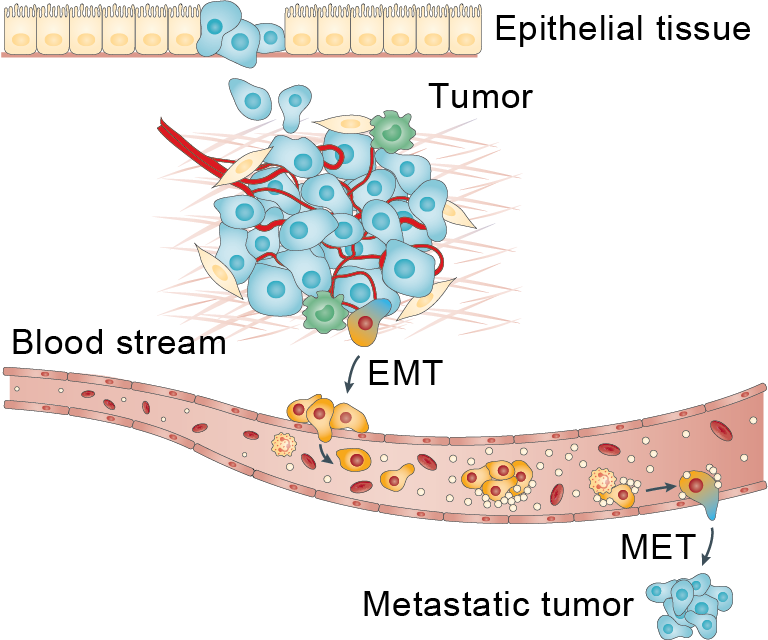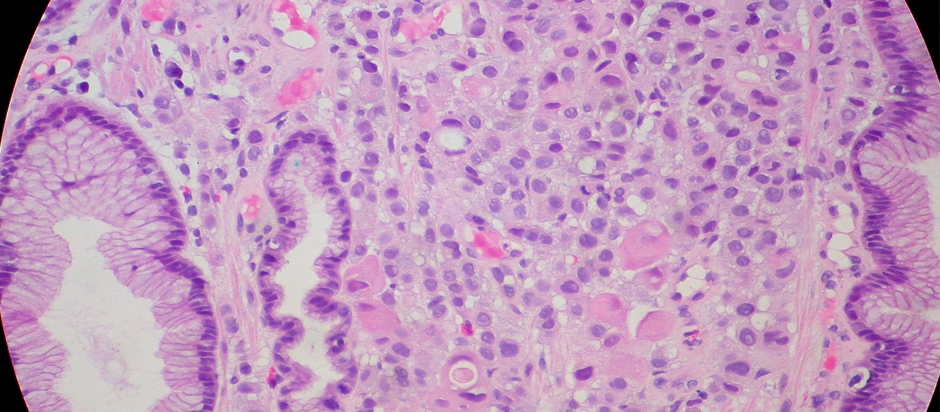According to the study done by the American Cancer Society Journal, more than 2.2 million breast cancer cases are reported worldwide each year. Unfortunately, out of the total diagnosed cases, nearly 680,000 lose precious lives.
In addition, chemotherapeutic and hormonal treatments for breast cancer affect many normal tissues, causing severe side effects such as heart disease. However, previous studies have proven that fucoidan, a sulfated polysaccharide contained in brown algae, significantly reduces the survival rate of cancer cells and promotes apoptosis. It has also been reported to have significant beneficial effects on reducing side effects such as chemotherapy. Yet, the impact of fucoidan on the onset and progression of human breast cancer cells remains unclear. For example, infiltration and metastasis of epithelial cancer cells begin when the cells leave the primary tumor population and invade surrounding tissues. As a result, a phenomenon called epithelial-to-mesenchymal transition (EMT) occurs.

Hence, in this blog, I’m going to share the study of the apoptosis of human breast cancer cell MCF-7 and the effect of fucoidan on migration through “Fucoidan Promotes Apoptosis and Inhibits EMT of Breast Cancer Cells” by Xinjia He et al.
First, a group in which male rats were effectively fed Fucus vesiculosus fucoidan at 200 mg/kg daily was designated as a low-dose fucoidan-administered group. In the same manner, a group for which 400 mg/kg was also effectively provided as a high-dose fucoidan-administered group. In the (control group), an equal amount of physiological saline was bred. Each serum was collected after three consecutive days of the administration, and MCF-7 cells were treated with each serum at 0.2% concentration to observe the state of apoptosis. The cell apoptosis rate was 5.1%, while the fucoidan-administered group showed high apoptosis-inducing effects of 32.9% (high dose) and 12.3% (low dose), respectively. Observation under a fluorescence microscope revealed increased chromatin condensation, margination, nuclear fragmentation, and apoptotic body formation, which are known as apoptosis indicators. (Fig. 1)
Next, the inhibitory effect of fucoidan on the migration of MCF-7 was verified using a scratch assay. The scratch assay is a method of scarring a wound with a high cell density and observing the state of cell migration that moves to fill the damage. The migration of cancer cells is closely related to metastasis to other sites.
As a result of the experiment, it was observed that the serum of the fucoidan-administered group significantly inhibited the migration in a dose-dependent manner as compared with the control. (Fig. 2A) Furthermore, the mechanism of fucoidan’s inhibitory effect on migration of MCF-7 was verified by measuring the expression of cell adhesion-related substances. The fucoidan-treated group serum increased the expression of E-cadherin, which promotes cell adhesion, in a dose-dependent manner. On the other hand, it decreased the expression of MMP-9, which cleaves cell adhesion. (Fig. 3B)
It suggests that fucoidan regulates the expression of cell adhesion-related material and restrains the decrease of the adhesion between the cell and the reduction called the epithelium mesenchyma switch that the metastasis of tumor is promoted with the improvement of the cell kineticism by doing it. According to this research, the mechanism of action of the inhibitory effect of fucoidan on tumors will be clarified. It is expected that fucoidan will be applied as a therapeutic agent for breast cancer.

1. Control 2. Fucoidan (200 mg/kg: BW) 3. Fucoidan (400 mg/kg: BW)

Fig 2A) Migration inhibition effect of fucoidan in MCF-7

Fig. 3B) Regulatory effect of fucoidan on the expression of cell adhesion-related substances
